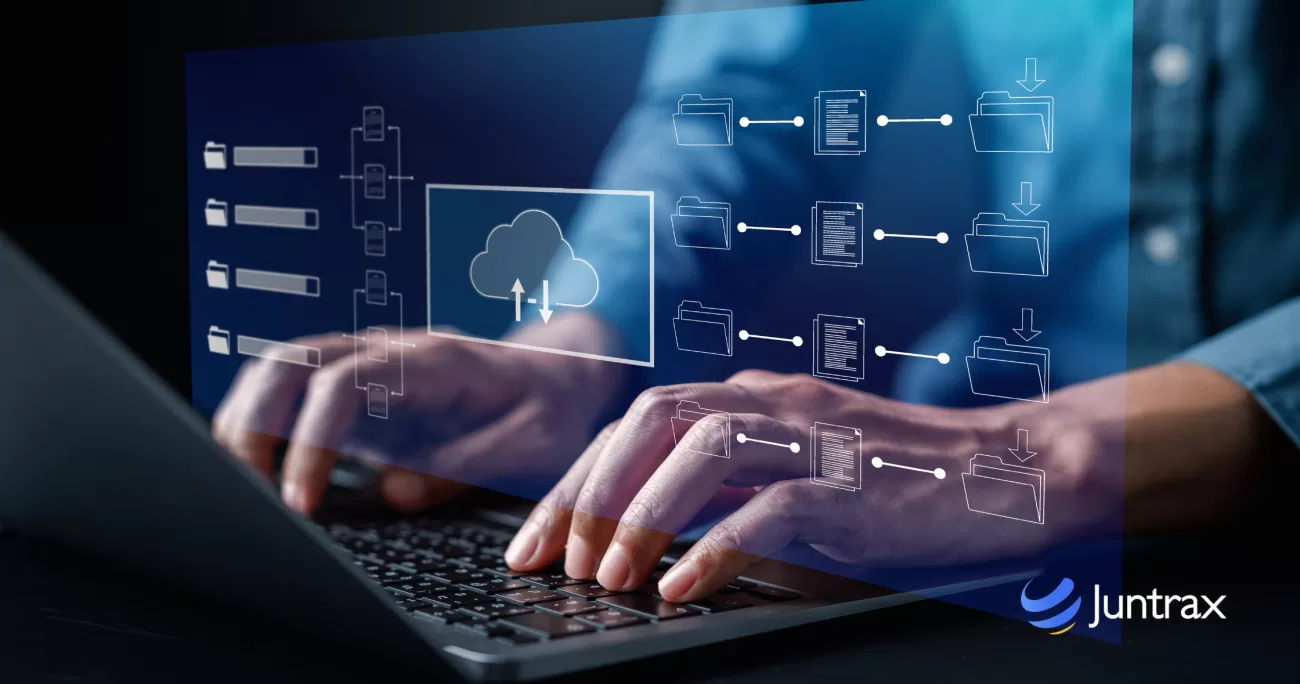ERP Systems for Small Companies: A Quick Guide

For many small businesses, juggling inventory, payroll, customer data, and supplier coordination across scattered tools feels like a normal day. But what if it didn’t have to be? What if there was one solution that could connect your operations, improve efficiency, and help you scale—without the stress? This where ERP systems for small companies come into the picture, they deliver benefits including reducing manual errors, reducing revenue leakage, and increasing operational efficiency.
What Is ERP and Why Should Small Businesses Care?
Enterprise Resource Planning (ERP) is no longer reserved for massive corporations with sprawling departments. Today’s ERP software is lean, scalable, and built with small businesses in mind.
An ERP solution brings together all your important business processes. This includes financial management, inventory management, human resources, and customer relationship tracking. It does this in one simple system. That means no more switching between platforms, chasing spreadsheets, or second-guessing data accuracy.
With the right ERP system, small businesses can have the same visibility and control as larger companies. They can do this without high costs or complicated systems.
ERP Systems for Small Companies: Top 7 Benefits
Here’s what ERP can do for you:
1. Centralized Data
Forget data scattered across apps. ERP gives you real-time, integrated information across your departments. This helps you make smarter and faster decisions. It includes built-in business intelligence and key performance metrics dashboards.
2. Simplified Financial Management
Say goodbye to manual accounting. ERP automates tasks like invoicing and payroll. This helps you lower errors, track profits, and stay compliant. ERPs with financial management features can help reduce revenue leakage while making financial management more efficient.
3. Inventory and Supply Chain
ERP helps you streamline your supply chain management and gain full control over your inventory. Track stock levels, optimize purchasing, and ensure your warehouses are running efficiently.
4. Professional Services Automation
ERPs with PSA features can make project management and task planning easier and efficient.
5. Time Savings Through Automation
Automate routine tasks across finance, sales, and operations. Free up your team’s time so they can focus on growth—not admin work.
6. Scalable for Growth
Start with what you need and expand as you grow. Most ERP systems for small companies offer modular features so you can add on as your business scales.
7. Cloud-Based Convenience
Modern cloud-based ERP systems are accessible from anywhere—ideal for remote teams and multi-location setups. No servers, no maintenance, no IT headaches.
Common Misconceptions About ERP System for Small Businesses
“ERP is too complex for my business.”
Not anymore. Today’s ERP systems focus on simplicity. They have easy-to-use dashboards, drag-and-drop features, and customized onboarding to help users adopt them easily.
“We’re too small to need ERP.”
The earlier you implement ERP, the easier it is to scale smoothly. Waiting until you’re overwhelmed can cost more in time, mistakes, and missed opportunities.
“ERP systems are too expensive.”
With flexible pricing, cloud subscriptions, and modular features, many ERP platforms now cater specifically to small businesses and startups.
What to Look for in an ERP System
Not all ERP platforms are created equal. When shopping for ERP software, small companies should prioritize:
- Ease of use – Your team should be able to use it without hours of training
- Customization – Your business is unique; your ERP should reflect that
- Implementation support – Look for vendors who guide you through setup
- Scalability – You want software that grows with your business
- Integration-ready – Can it connect to your existing tools (e.g., eCommerce, CRM, accounting)?
- Implementation – Choose a vendor with a track record of successful ERP implementations for small to midsize businesses.
Also check out reviews from platforms such as G2, Capterra, among others.
Final Thoughts: ERP Systems for Small Companies
Implementing an ERP solution isn’t just a tech upgrade—it’s a business strategy. Whether you’re a two-person operation or a fast-growing team, the right ERP system gives you the tools to:
- Run leaner operations
- Deliver better customer experiences
- Make smarter, data-backed decisions
- Compete with bigger players
- Grow and scale as your company expands
If you’re exploring ERP systems for small companies, now is the perfect time to take the next step.
ERP combines key functions such as financial management, inventory control, human resources, supply chain management, and customer relationships. This integration helps small teams work more efficiently. It also improves accuracy and boosts confidence. ERP systems provide real-time data insights, automated workflows, and centralized information. This helps business owners and managers eliminate guesswork. They can then focus on what matters most: growth.
But the true value of ERP isn’t just in the software itself—it’s in what it enables. Efficient HR management, better project management, stronger financial control. It also allows small companies to reduce manual processes and minimize errors.
Also Read: Top 10 Best HR Software in India (2025)
FAQs: ERP Systems for Small Companies
Juntrax ERP can be used for used for small business. It is specifically designed for small and medium businesses with integrated HRMS, PSA and financial operations.
The 4 main types of ERP systems, based on deployment, are cloud-based ERP, hybrid ERP, on-premise ERP and multi-cloud ERP.